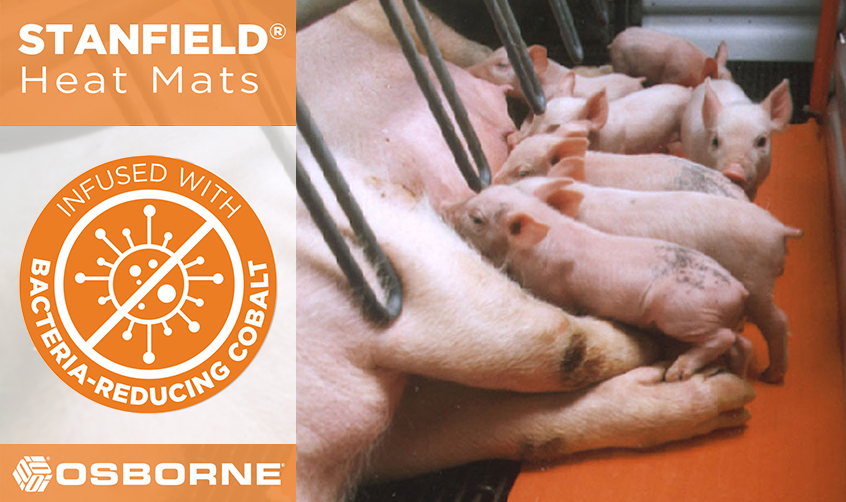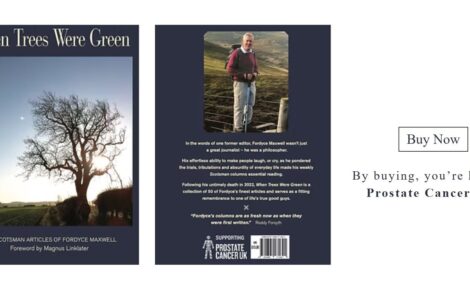



Poultry and Pig Sectors in Argentina: Husbandry Practice and Animal Welfare
Following a study of pig and poultry producers in Argentina, there seems to be considerable scope for farmers to raise the welfare standards – particularly for sows and laying hens, according to a new report from the Agricultural Economics Research Institute (LEI) of Wageningen University. The authors, led by Peter van Horne, suggest that there would be a ready market in the European Union for such high-welfare animal products, providing that appropriate standards are set and can be verified.
Animal welfare receives more legislative attention in the European Union (EU) than in many other regions of the world, according to Peter van Horne of he Agricultural Economics Research Institute (LEI) of Wageningen University in the Netherlands and his co-authors. Animal welfare standards for poultry and pigs are generally higher in the EU than in countries exporting to the EU. In this respect Argentina is an important country. The poultry and pig sector in Argentina possesses comparative advantages to produce at low production costs, which results in a high potential to globally become a major producer and supplier for poultry meat, egg products and pork.
The general objective of the study, say the authors, is to provide an overview of the current husbandry and management practices in the poultry and pig sector in Argentina related to animal welfare and to identify potential improvements for animal welfare at farm level and during transport. In order to become acquainted with the state of animal welfare in poultry and pig production in Argentina, the research centered around the following aspects:
- description of the regulatory framework in force in Argentina with respect to animal welfare
- global description of each sector, and
- survey of husbandry practice in Argentina with special focus on animal welfare indicators in productive systems.
In Argentina, there is no specific legislation on animal welfare. However, there is some legislation for related topics like food safety and product quality.
For the broiler sector, there are manuals on Good Practices for the Production that indirectly poses animal welfare criteria. According to the information collected through the survey and the interviews with producers and businessmen, in Argentina producers do not consciously implement animal welfare practices.
Looking at the actual situation at farm level it can be concluded that there is large difference between the sectors. The husbandry conditions directly related to animal welfare are relatively good for broilers and fattening pigs. For layers and sows the conditions are below the average situation in EU countries in North-West Europe. For the layers in particular the average space allowance per hen is below the EU level and far below the new level that will be implemented in 2012.
In all sectors, small improvements can be made to increase the animal welfare level. Many of these improvements also directly result in financial gains for farmers through better performance and improved quality. Some examples are lowering the mortality rate, better ventilation, better handling before transport, and better conditions during transport.
For raising animal welfare to EU-standards in the layer and sow sectors, an overall change in husbandry systems is necessary in Argentina. New housing systems (enriched cages or floor housing) have to be introduced for layers and group housing for sows.
Changing to this type of husbandry will increase the production costs. And even though these animal welfare measures could lead to additional costs in Argentina, these probably will be lower than the additional costs for farmers in the EU because of the comparative advantages in land prices and labour costs in Argentina. However, Argentinean farmers will need to see their additional costs compensated, for example through higher prices in the market.
At this moment. there is no market in Argentina for any 'welfare-friendly' products but there is one in other countries, including the EU. The only opportunity to get a market bonus for the added-value products would be export to the EU. To take this opportunity the Argentinean poultry and pig sector should actively approach the market (partners) and seek the dialogue and possibilities to sell high value animal welfare products.
Whether the Argentinean sector can use the opportunities will partly depend on the policy of the government. The economic instability is a risk, resulting in limited credit availability, a quite high lending rate and uncertainty regarding whether investments will pay for themselves. A risk can also be found in the export tax system, which rates can change rapidly, since export taxes are used as a political instrument.
Finally, van Horne and his co-authors conclude that certification and verification is relevant when exporting to the EU, and so there will be a need for an independent monitoring system to be able to guarantee the product specifications of exported products.
Reference
Horne, P.L.M. van, C.P.A van Wagenberg, M.A. de Winter, R. Hoste, S.I. Senesi, M.M. Barilatti, M. Daziano, L.D.C Martino and M.M.T. Becerra. 2010. The poultry and pig sector in Argentina: Husbandry practice and animal welfare. Report 2010-005. ISBN/EAN: 978-90-8615-409-8
Further Reading
| - | You can view the full report by clicking here. |
Further Reading
| - | Go to our previous news item on this story by clicking here. |
March 2010









